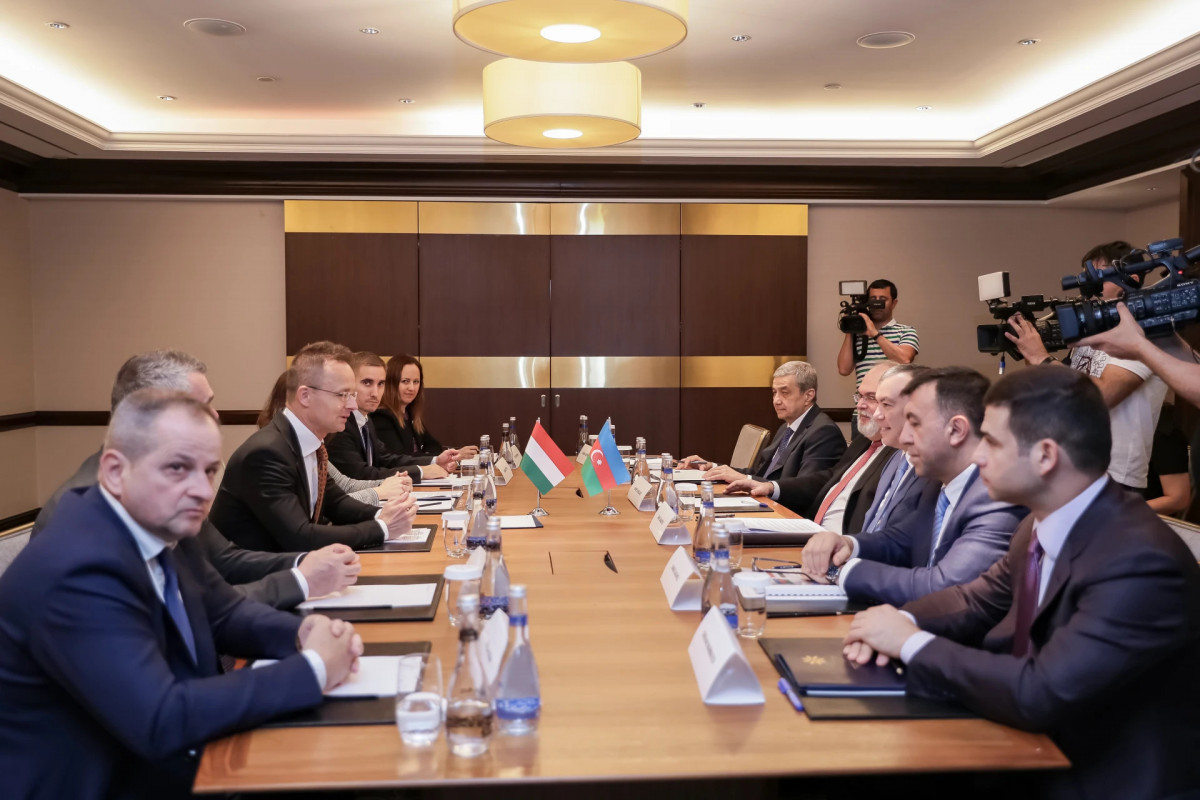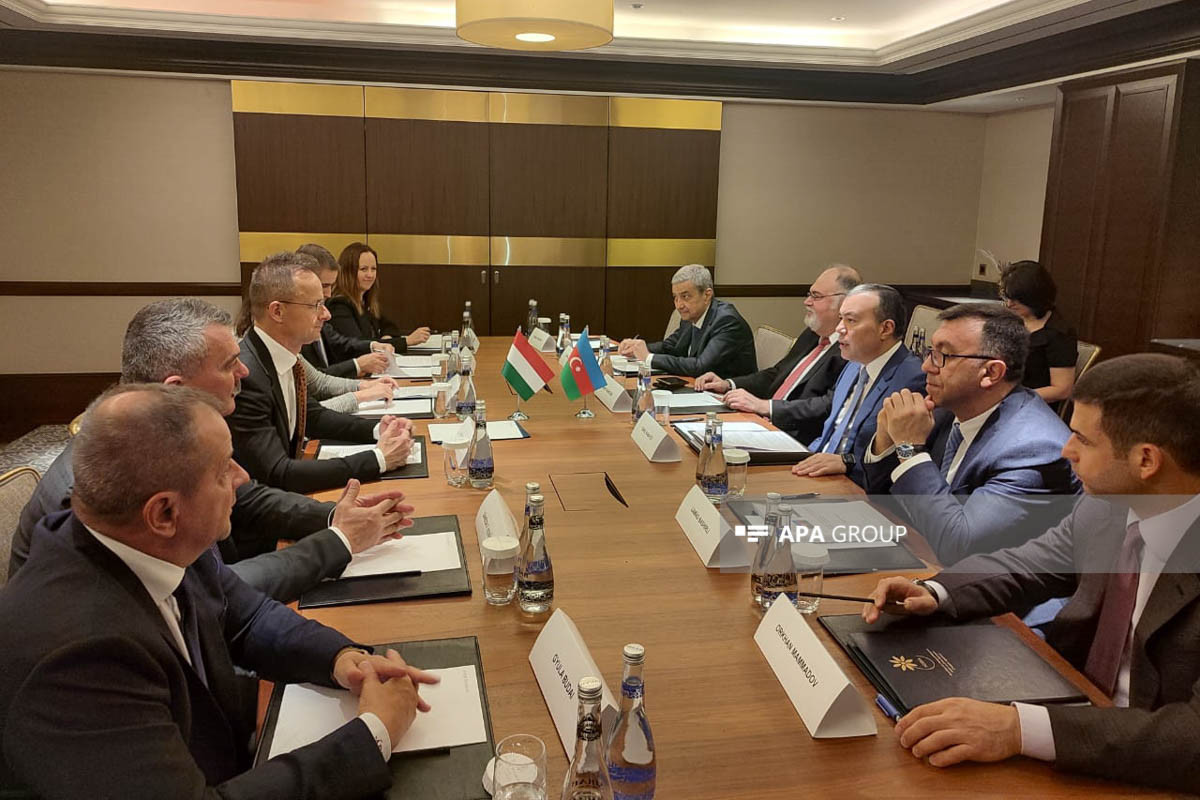“Nearly 70% of surface water reserves of Azerbaijan has formed in neighboring countries thanks to cross-border water flows. Cross-border river Okhchuchay is a river that was always subjected to severe contamination in the territory of Armenia. As if Okhchuchay, which was seriously contaminated with Gafan and Gajaran mining industrial wastes, plays a role of collector of industrial wastes. As these waters are poured into the river without cleaning and level of contamination is more than normal by many times, its water reserves are considered useless in the country,” head of International Cooperation Department of Ministry of Ecology and Natural Resources Emin Garabaghli told APA.
According to him, taking into consideration that Okhchuchay flows into the Araz River, which is the second largest river of the Southern Caucasus, its contamination directly affects the quality of water reserves of the Araz River: “Araz River is the largest right arm of the Kur River and another cross-border river with Armenia and plays a decisive role in watering sowing areas of Azerbaijan. However, its use for household and agricultural needs can cause very serious negative effects due to the severe changes in the quality of the water of the river.
It is no secret to anyone that the contamination of river water with heavy metals and salts occurs due to wastewater generated as a result of mining and processing enterprises and discharged directly into the river basin. The location of one of the largest mining institutions of Armenia in the Syunik region, at the source of the Okhchuchay River (called Vogji River in Armenia - ed.) gives a reason to approve contamination fact of it due to these sources. The release of heavy metals into the river by the Gajaran copper-molybdenum plant and Gafan ore processing plant in Armenia destroys not only river fauna, ecosystem but also it is extremely dangerous for human health. Usage of contaminated water may lead to harmful results- disorders of the gastrointestinal tract, destructive processes in the kidneys and bone tissue, problems with the cardiovascular and nervous systems.
Deputy head of department also announced the results of monitorings conducted in Okhchucay in 2020-2021 based on the laboratory analysis of water samples and visual observations: “Monitoring has been conducted by ecologists in local rivers flowing through the territory of Zangilan district liberated from the occupation. In water samples taken from Okhchucay in January-June of 2021, high amounts of heavy metals, especially copper, molybdenum, manganese, iron, zinc, and chromium, were found. According to monitoring reports of MENR, the content of copper-molybdenum in the river was 2 times higher than the norm, iron 4 and nickel - 7 times higher, the color of the river changed from time to time due to pollution. In March of 2021, the mass death of Small Trout fish in the river was recorded.
As a result of conducted monitoring, heavy metals in the river water in general, exceeded the norm many times in all seasons at different times - in the periods of high and low water. Thus, in 09.01.2021 nickel was 7.1 times higher than normal, in 28.01.2021 manganese was 3,6 times more, iron 4,6 times, nickel 5,7 times, cadmium 3,5 times, ammonium 1,6 times, leaden 1,3 times, zinc 1,2 times, molybdenum 2.5 times the norm, manganese 2 times on 05.02.2021, iron 3.5 times, nickel 3.6 times, molybdenum 1.7 times, on 09.02.2021: iron 1.8 times, molybdenum 1.4 times, manganese 1.9 times, manganese 3.2 times on 26.02.2021, iron 5.2 times, nickel 1.4 times, molybdenum 1.3 times more than the norm, iron 04.8 times on 04.03.2021, manganese above the norm 3.6 times, on 10.05.2021: iron 1.8 times, cadmium 1.4 times, on 21.05.2021 2 times on the iron norm, on 07.06.2021 on the heavy metal iron norm 1.1 times, the amount of iron in the water sample taken from the transboundary source on 14.06.2021 was 2.2 times, the amount of iron in the water sample taken in Zangilan was 1.5 times, the amount of manganese was 1.1 times more than the norm.”
The ministry official regretfully noting that Armenia where most of the rivers flow into the territory of Azerbaijan, has not yet joined the Helsinki Transboundary Water Convention, said that this international document adopting in the Helsinki city in 1992 is a mechanism for strengthening national measures and international cooperation aimed at ecologically reliable management and protection of transboundary surface and groundwater: “Taking into consideration this, Azerbaijani MENR has appealed to the international organizations in order to inform and prevent pollution of the river and its ecosystem in terms of the ecological crisis and critical situation of the Okhchuchay, including the persistent pollution by Armenia.
In connection with this, in a letter sent to Mr. Bruno Pozzi, Director, Europe Office, UNEP, Olga Algayerova, Executive Secretary, UNECE, information about the ecological crisis situation of Okhchushay and the importance of the issue has been given, and an appeal has been made to prevent transboundary pollution by Armenia, causing irreversible destruction of the region's unique ecosystem. Appeals have been made to Secretaries of the UNECE Convention- to Sonja Koeppel. Secretary of Convention on the Protection and Use of Transboundary Watercourses and International Lakes, as well as Ms. Tea Aulavuo. Secretary of Convention on Environmental Impact Assessment in a Transboundary Context with the requirement of taking immediate measures in order to prevent this persistent pollution activity by Armenia and the ecological degradation of Okhchuchay.
At the same time, a letter was sent to Mr. Isa Kalantari, head of Iran’s Department of Environment stating the need for joint action to prevent this negative transboundary impact on the environment of both countries. At the same time, it was proposed to establish a joint working group to jointly address this issue.
Along with international organizations, MENR addressed to German Bundestag, Representatives of the Green Faction and they have been invited to pay attention to the activities of Zangazur Copper-Molybdenum Plant posing a serious threat to the environment and human health who uses Gacaran field and whose main shareholder is Germany company Kronimet Holding
Relevant appeals and letters have been addressed to Sylvia Kotting-Uhl, Chairwoman of the German Bundestag's Committee on the Environment, Nature Conservation and Nuclear Safety, Steffi Lemke, Speaker of the German Bundestag Committee on Environment, Nature Conservation and Nuclear Safety, and the spokesperson for the Greens in the German Bundestag on environmental policy, Dr. Bettina Hoffmann.
The letters expressed expectations that the German government, civil society, and the public would respond to this issue soon.
Besides this, the letters also expressed concerns raised by numerous environmental organizations over the serious pollution of the Oxchuchay in the territory of Armenia, as well as facts from Armenian media sources.”


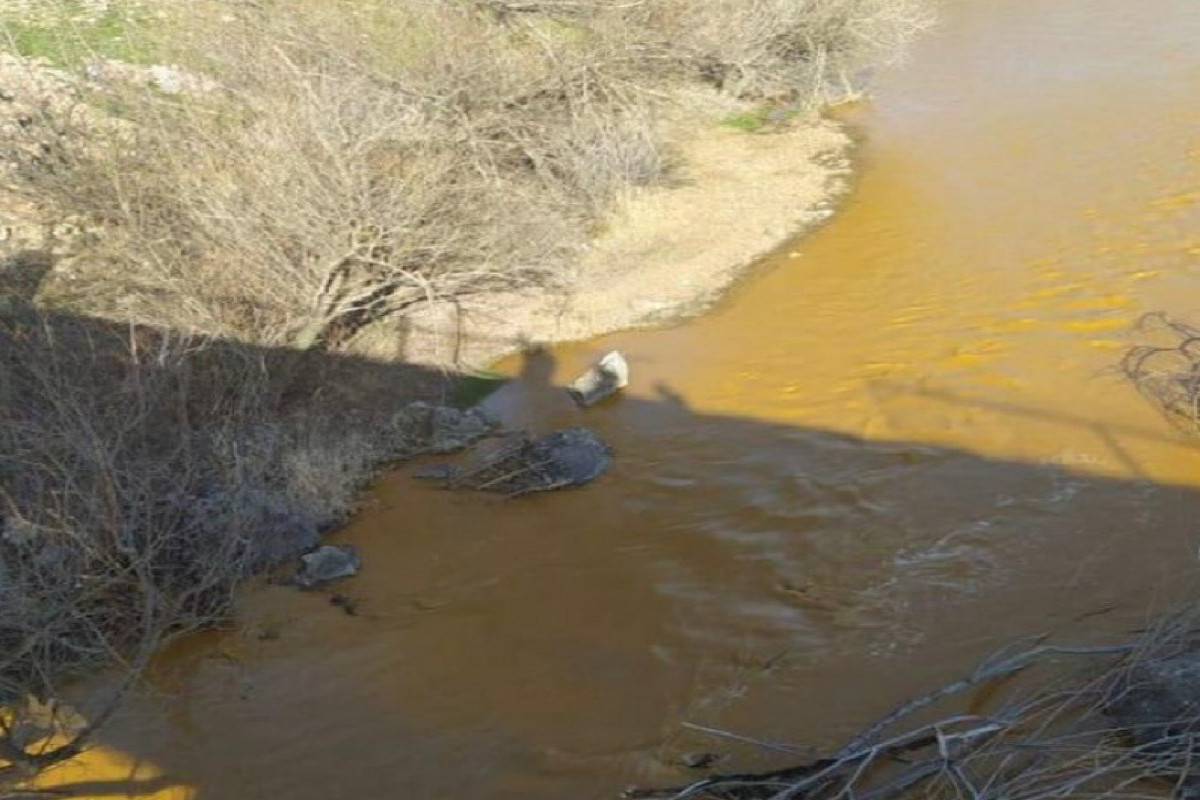
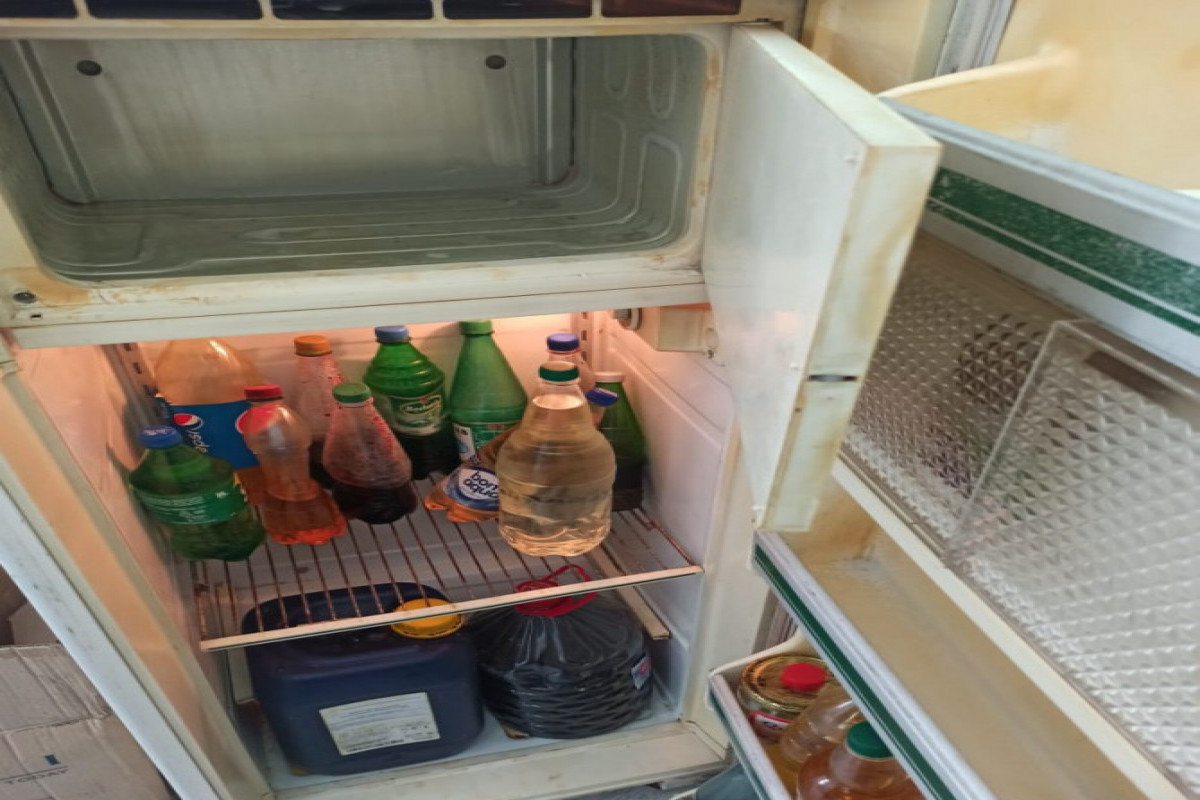
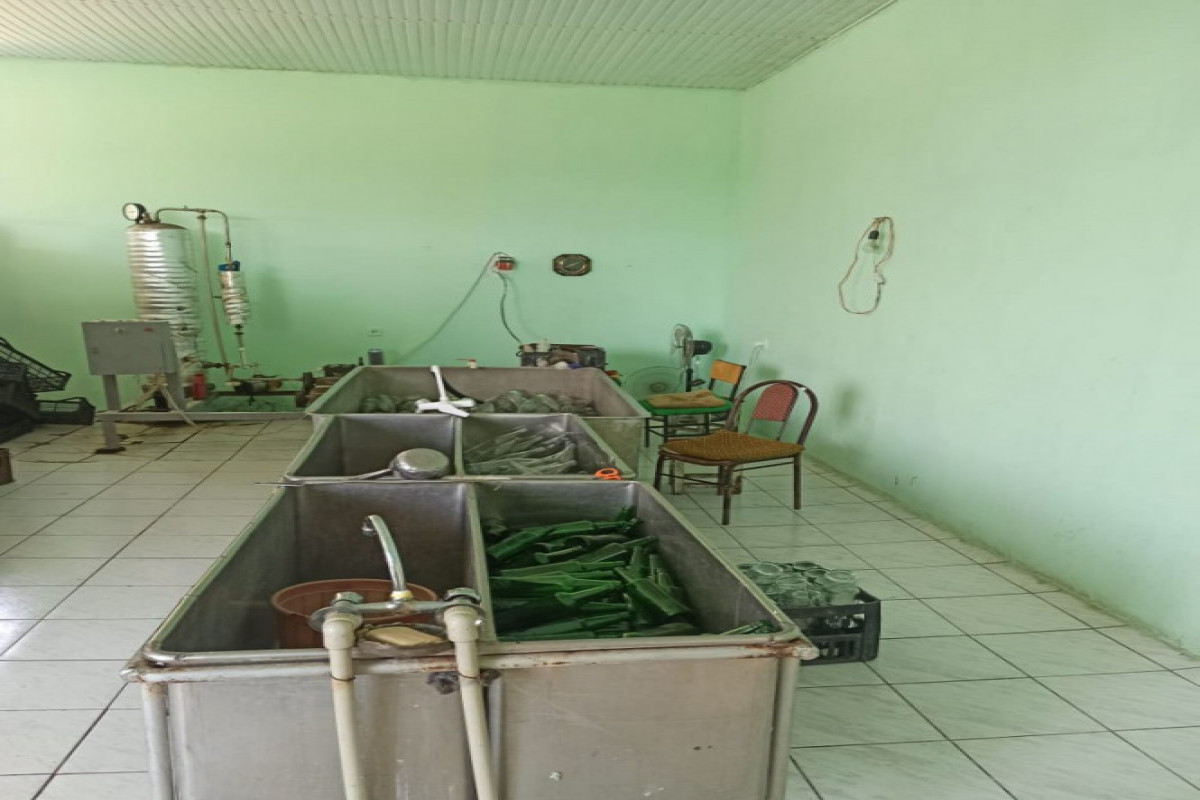
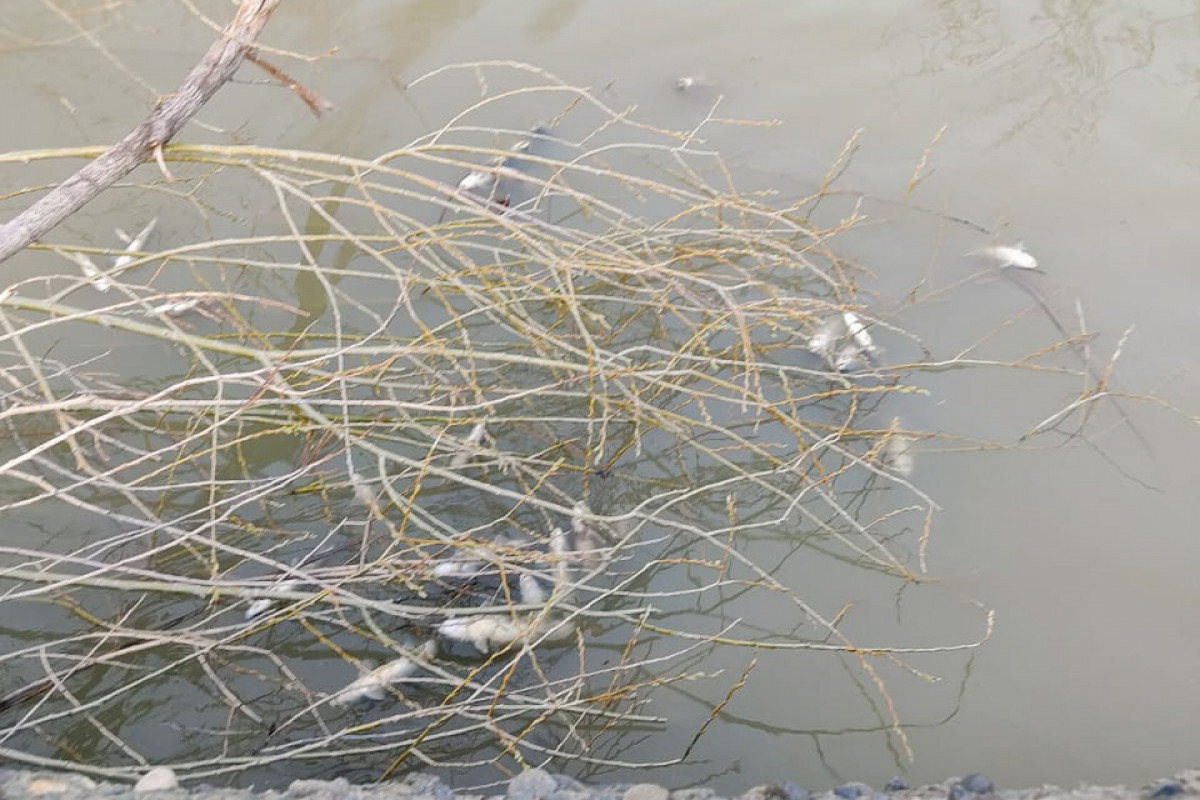
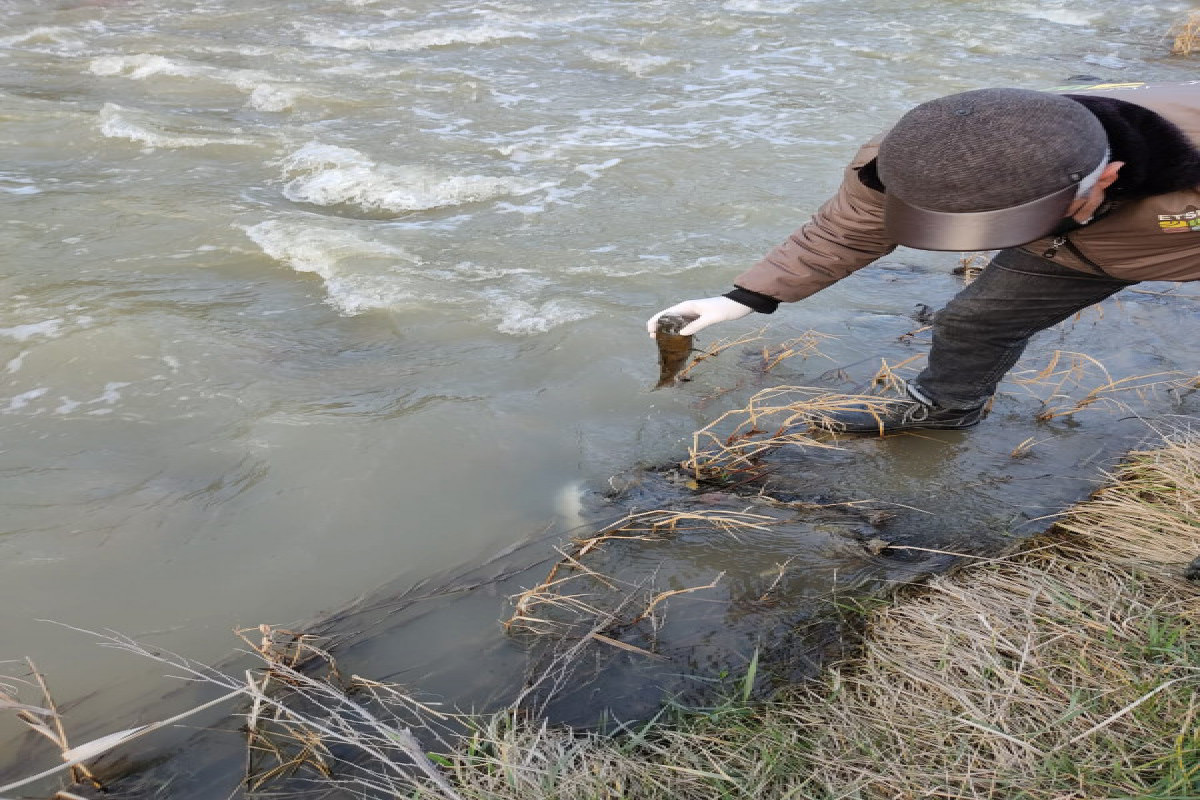
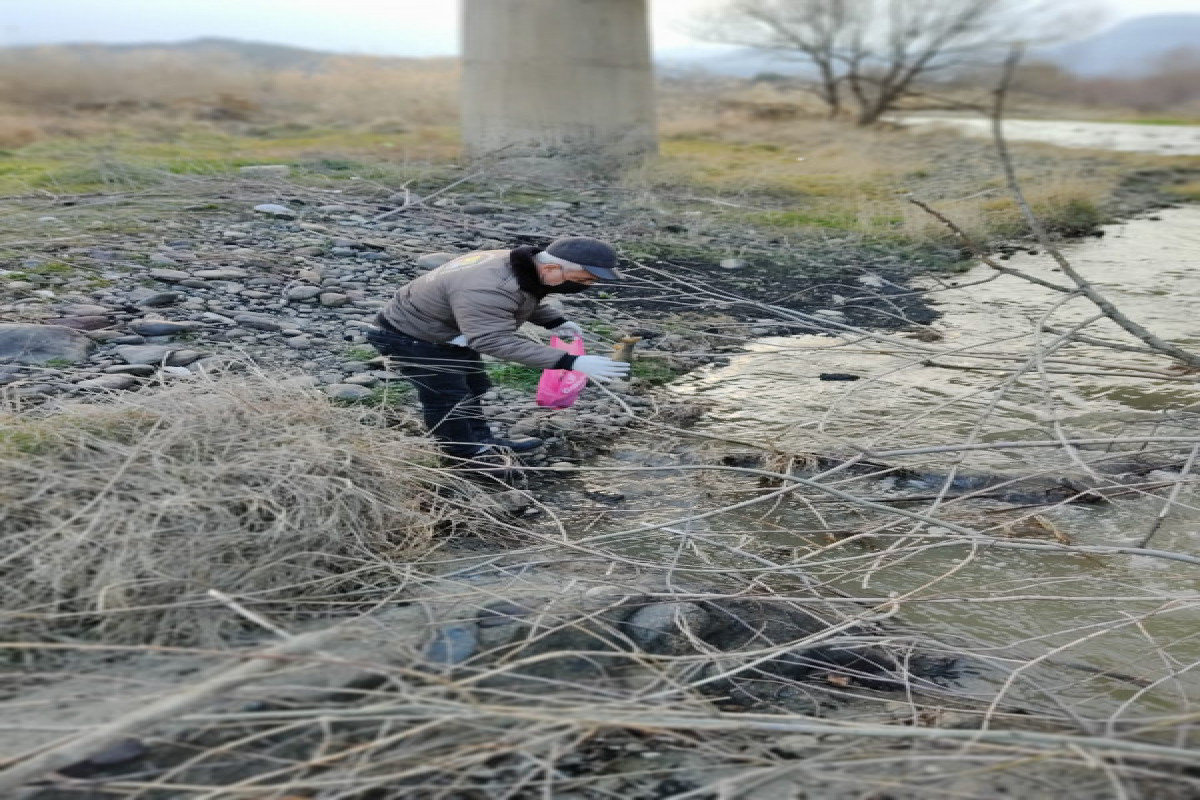
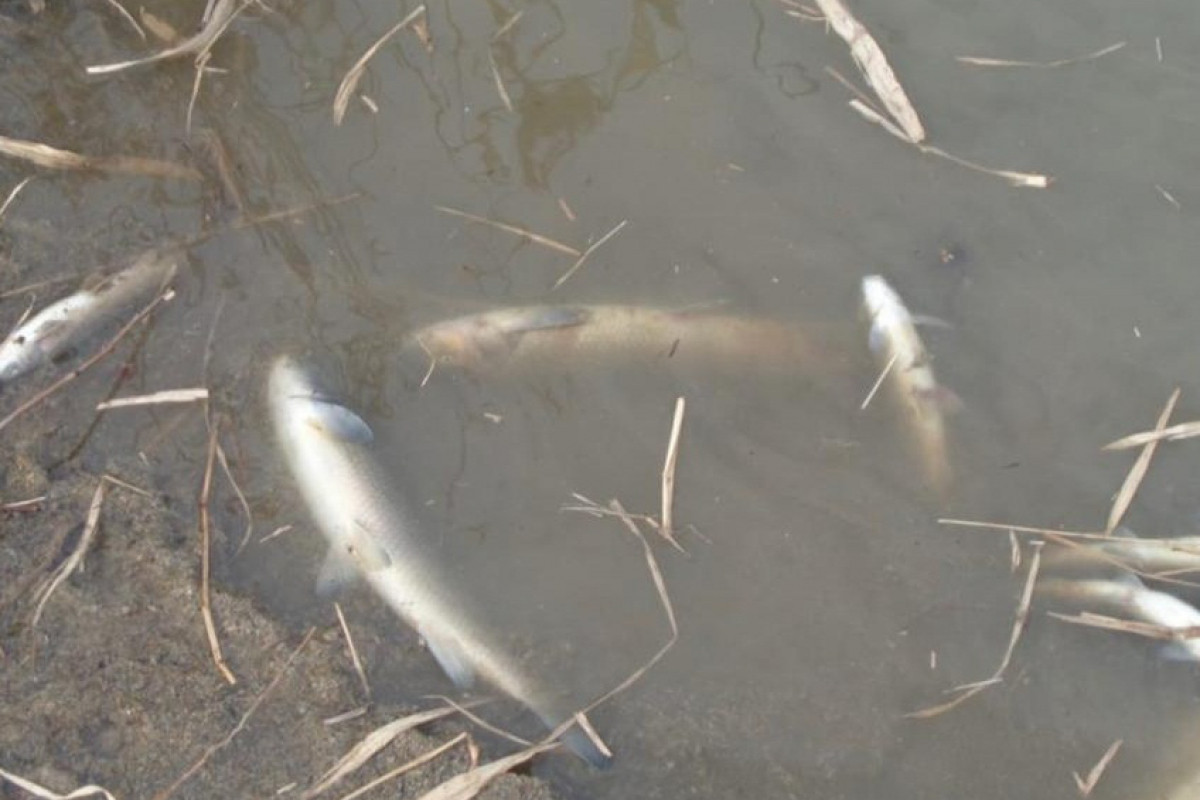
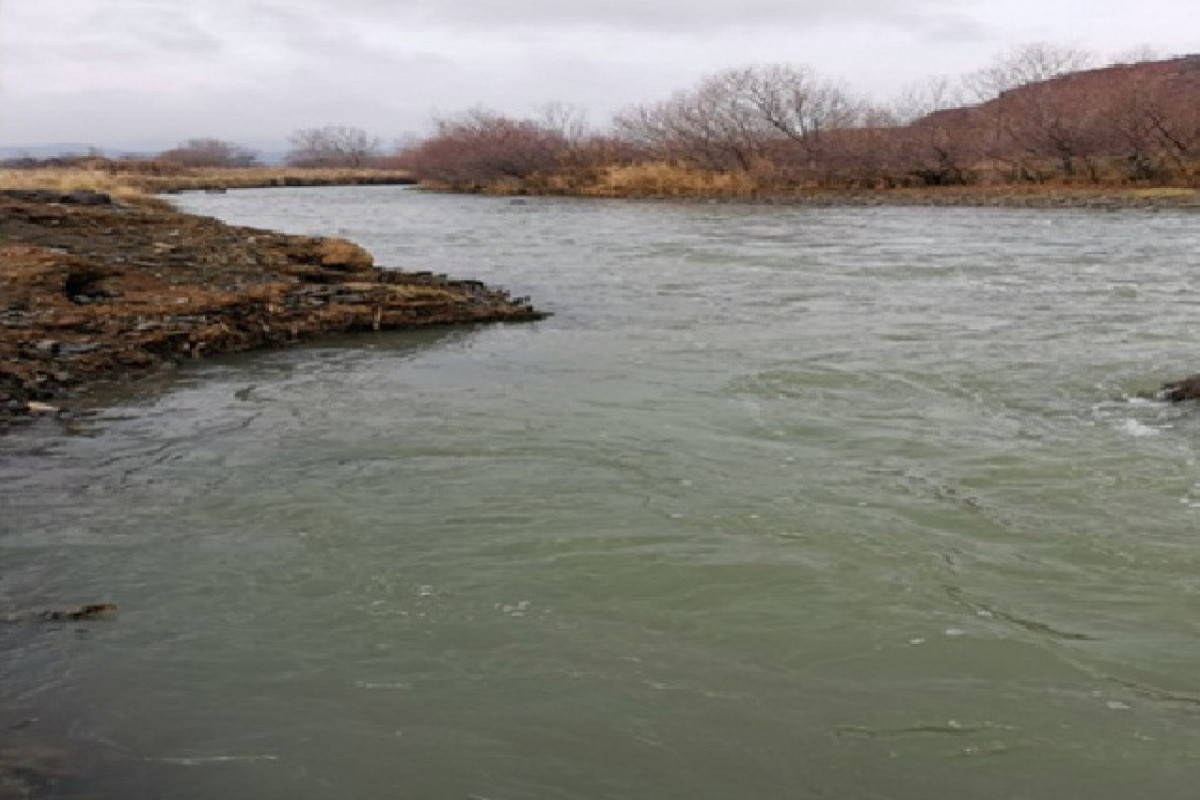
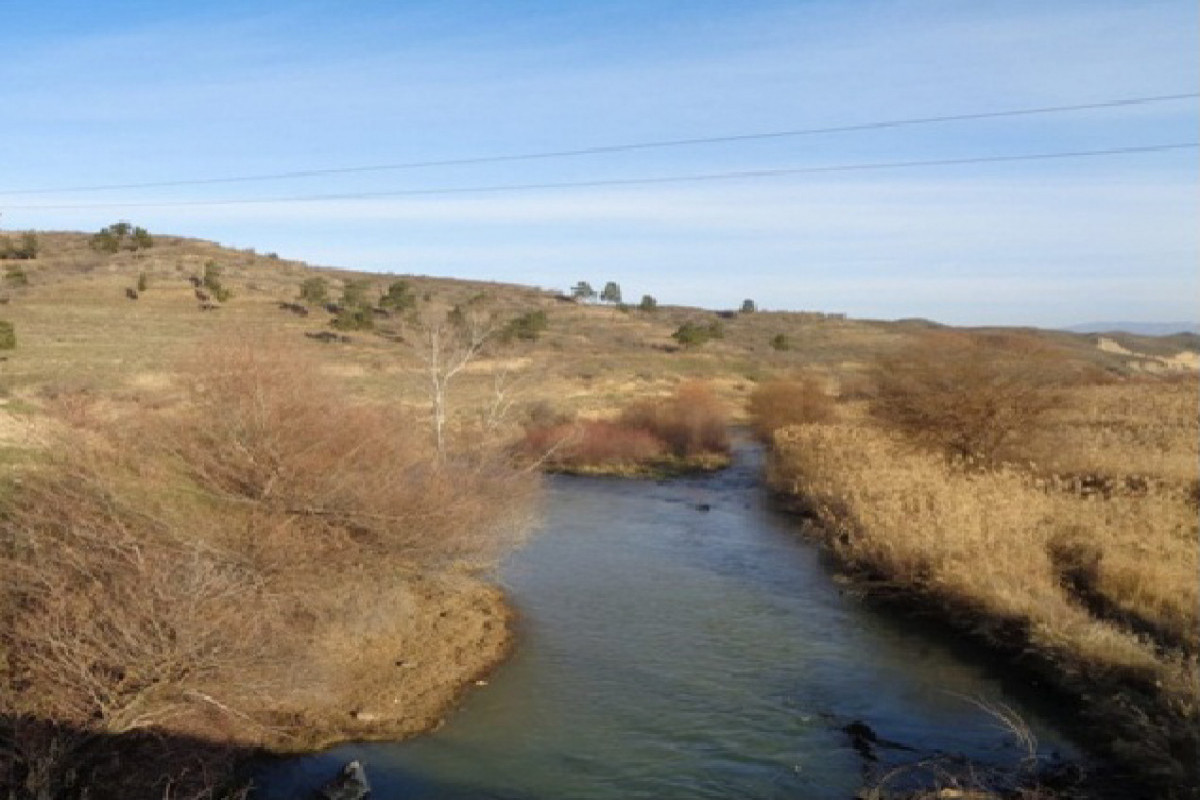
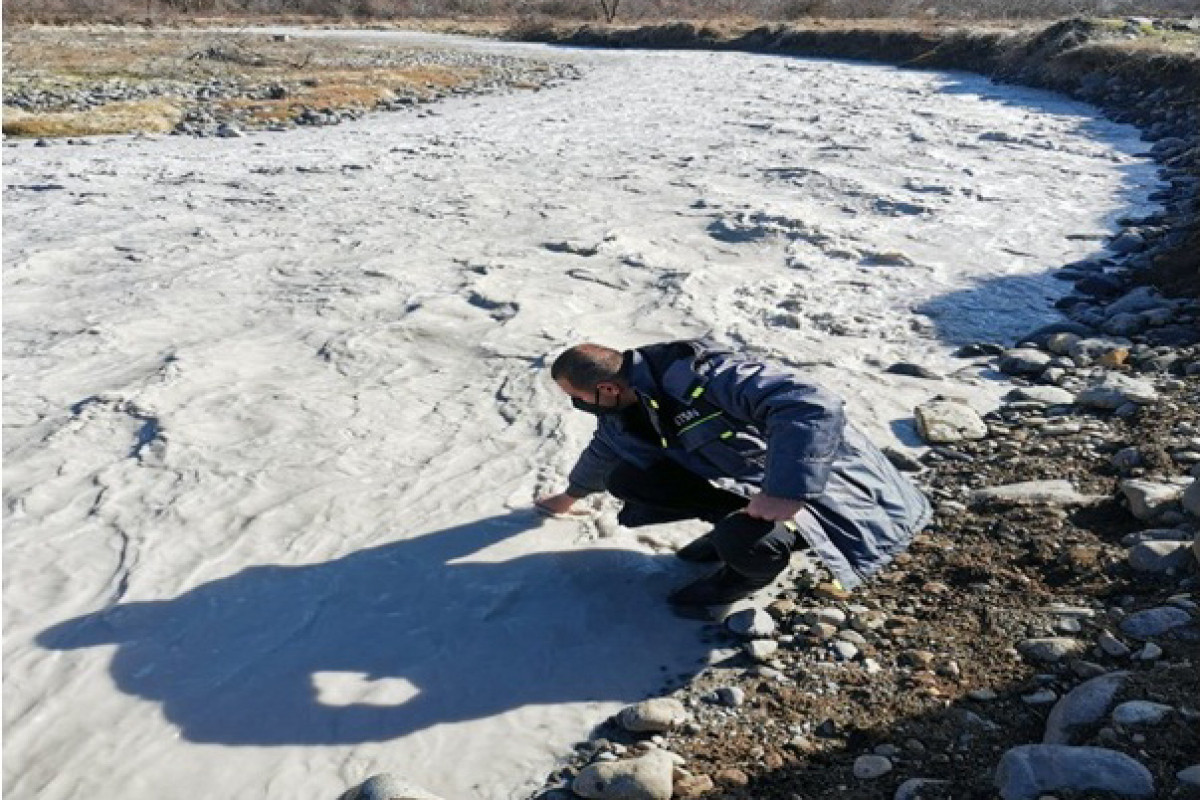

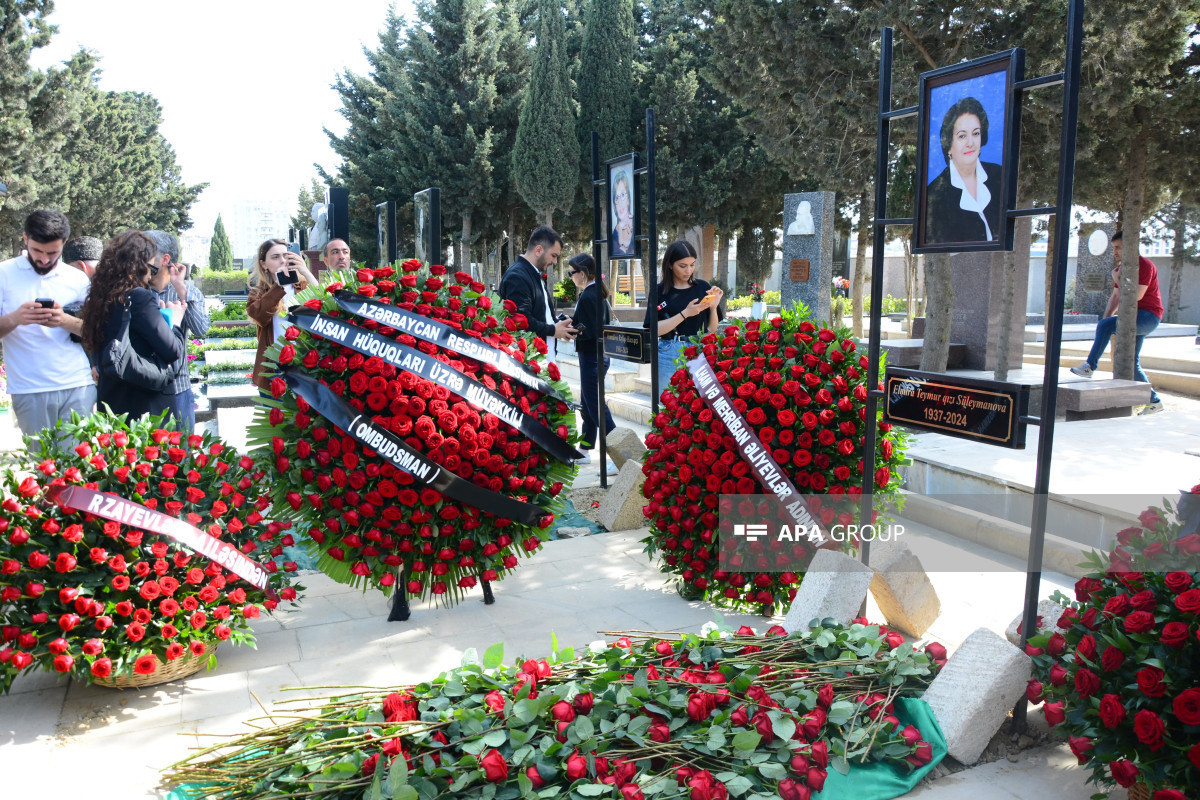 UPDATED'>
UPDATED'>
